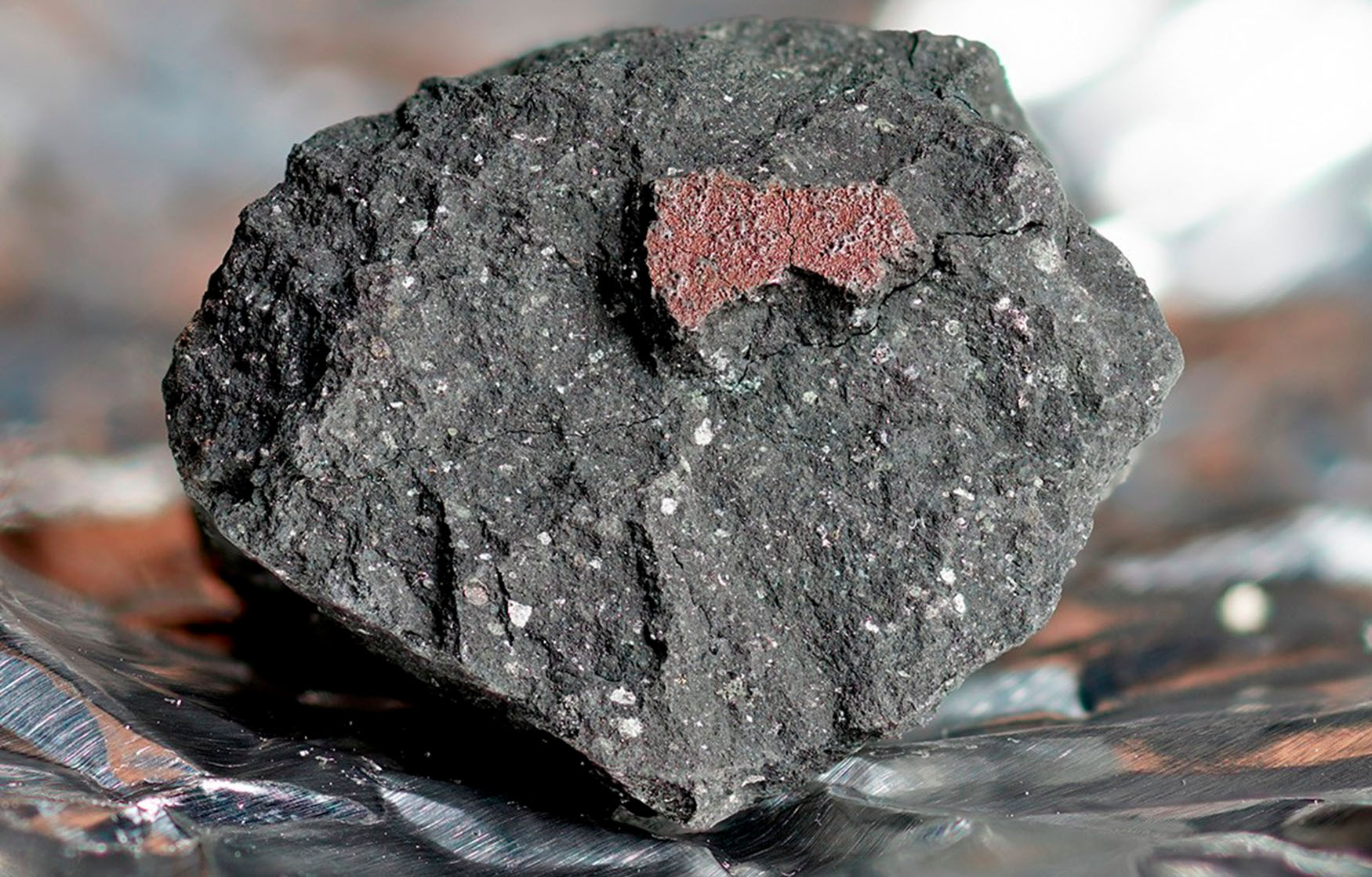This Rare Meteorite May Reveal Where Earth's Water Originated
71 percent of the Earth's surface is covered in water, with oceans making up around 96.5 percent of all the water on our little planet. Despite the vast quantities of water that cover it, though, the origin of water on Earth has eluded scientists for decades. Now, though, a rare meteorite could be providing some long-awaited answers.
Back in 2021, a ball of fire streaked through the skies over the United Kingdom, crashing into the driveway of a family home in the town of Winchcombe in Gloucestershire. The meteorite has long been believed to hold some of the secrets to the origin of water on Earth. But a newly released paper dives deep into the specifics of the find.
Because teams worked so quickly to find this meteorite, too, they were able to collect it before it had become contaminated, making it the most pristine sample we have for a glimpse back to the original composition of the solar system over 4 billion years ago. Because of this composition, it has also given us more clues about the origin of water on Earth, something we've been frantically searching for.

We know that the water on the Winchcombe meteorite is extraterrestrial, and many have long proposed that meteorites and asteroids were the first to bring water to the Earth's rocky surface. As such, it isn't unheard of to think that the rock that the Winchcombe meteorite came from could have been part of the origin of water on Earth.
"The composition of its water, based on the hydrogen isotopes, is very similar to what is seen in Earth's oceans, while amino acids, which are used to build DNA, are also found inside it," Dr. Ashley King, co-lead on the study shared in a statement. Because the isotopes and composition are so similar, it helps drive home the possibility that the origin of water on Earth began with a meteorite or something similar.
The researchers published their study in Science Advances this month, and in the study, they confirm that the pre-atmospheric orbit of the meteorite, as well as the cosmic-ray exposure age, show that it arrived on Earth shortly after ejecting from a primitive asteroid. As such, it is one of the best-preserved pieces of evidence we have to help investigate more about the origin of water on Earth.
